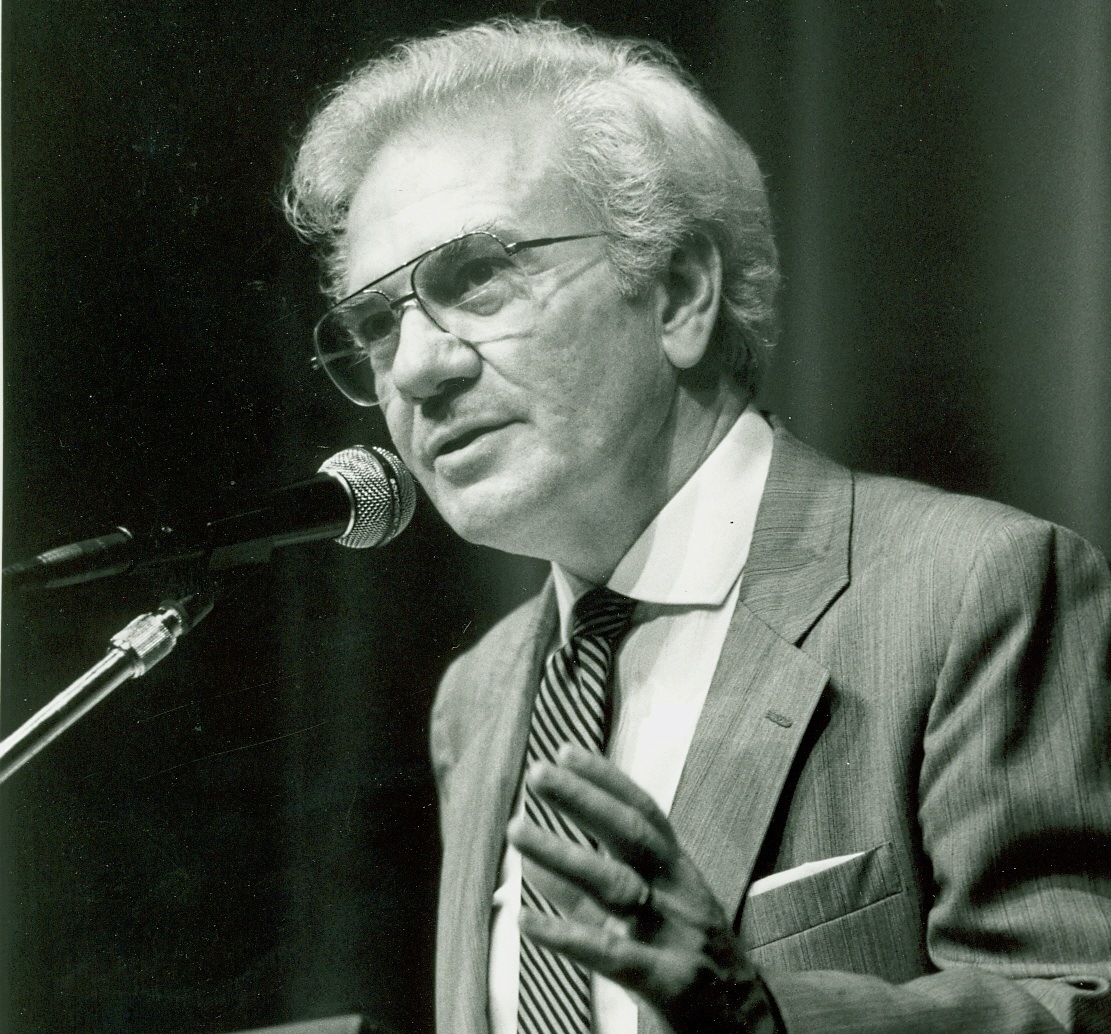“Language is our most essential human function and its sets us apart from all other forms of life, the porpoise and bumblebee notwithstanding. The top priority for any collaboration, in my view, is to empower our students in the use of the written and the spoken word. Language is not just another subject[;] it is the means by which all other subjects are pursued. After all, language is the way we convey our feelings and ideas and define our humanity to others.”
— Ernest L. Boyer, Sr., in a 1987 speech titled, “College: Making the Connections,” delivered at SUNY Purchase as part of the President’s Leadership Forum
